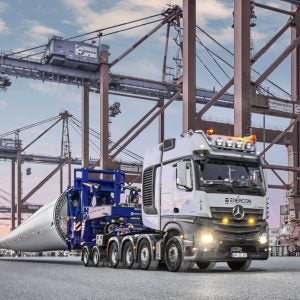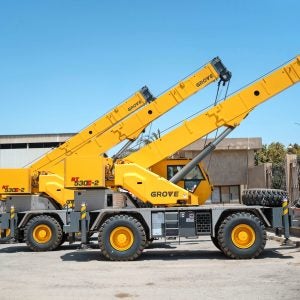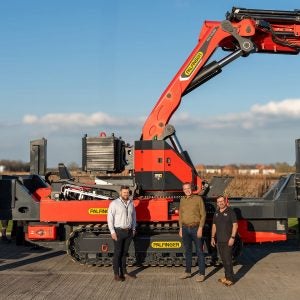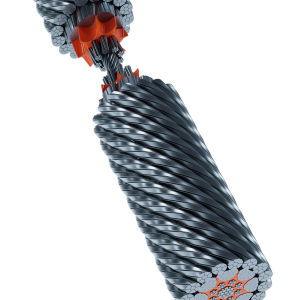I have issues with the quality of the training given. For example, I went to a high-rise project in Bahrain to bid for a job instructing a group of Indian riggers on a site where all safety instructions were in English. Only five spoke the same language as a translator, and none spoke English. I was a senior surveyor at the American Bureau of Shipping at the time and refused to take the job. Another Big Five company trained the tower crane operators and certified the riggers – but I don’t know how.
It is common in the Middle East to have someone with no previous experience working as a crane operator in a 200ft-high tower crane. Nobody asks for an eyesight test, if he is medically fit, or if he is capable of working at height. They sit in a classroom for two days and they are a crane operator. The minimum qualifications for a tower crane operator should be: coordination & manual dexterity; the ability to work at heights; good vision; correct use of hand signals and voice communication; ability to work as part of a team (with the riggers); a theoretical examination; a practical examination.
Tower crane erectors are not well trained either. They are often put up by non-qualified personnel and are not checked. I’ve climbed 250ft–300ft up a tower crane, checking every bolt on the way, and climbed out the jib. They don’t do that now—they sit at the bottom with binoculars.
I went to a site recently to inspect the collapse of a brand new tower crane that was supplied with 38mm nuts, bolts and washers to connect the mast sections. When I looked at the crane, I found that these bolts had been replaced with 18mm threaded bar with a nut welded on one side, and a nut and a washer on the other side. I went into the storeroom and talked to the storekeeper who proudly produced a box of the tower crane bolts: “I’ll keep these for later because they are very expensive, Sir.”
Mike Watson, Independent consultant, UK






